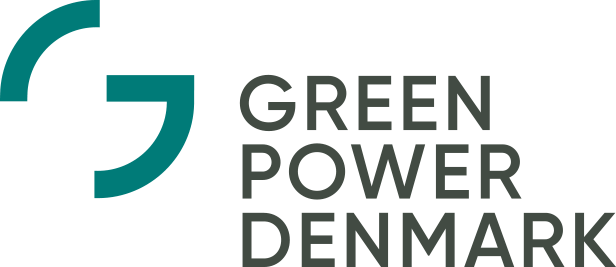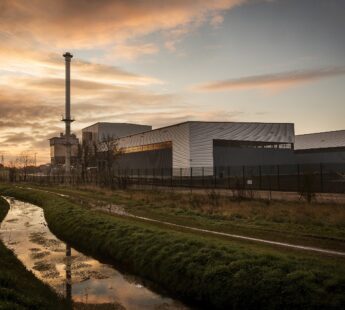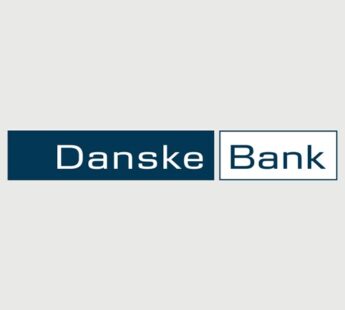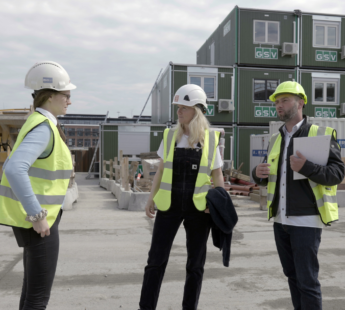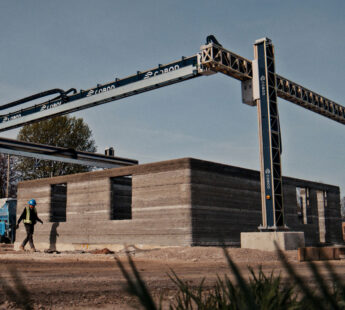The project will not only accelerate the development of sustainable fuels, but also act as an economic stimulus to a COVID-ravaged economy in the form of jobs and potentially securing Denmark a role as a leading Power-to-X hub. Furthermore, it will assist the companies involved in decarbonising their own operations as well as contribute substantially to fulfilling the Danish government’s objective of reducing its CO2 emissions by 70 per cent by 2030.
The project can potentially replace 5 per cent of fossil fuels used at Copenhagen Airport by 2027 and 30 per cent by 2030. When fully scaled-up by 2030, the facility could deliver more than 250,000 tonnes of sustainable fuel and reduce Denmark’s annual carbon emissions by 850,000 tonnes.
It is hoped that the project can act as a catalyst for similar projects in other areas in Denmark and internationally
Contributors: Copenhagen Airports, A.P. Moller – Maersk, DSV Panalpina, DFDS, SAS and Ørsted.
Cowi and BCG (knowledge partners)
The City of Copenhagen (supporting partner)
